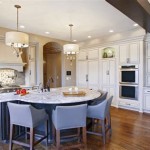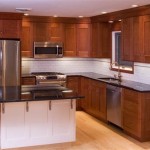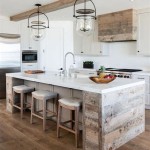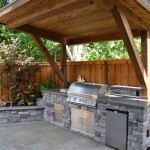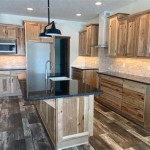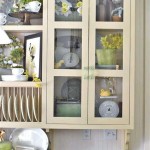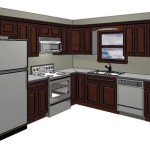Hardwood Floor in Kitchen: Yes or No
When it comes to kitchen flooring, hardwood is a popular choice for its timeless beauty and durability. However, it's important to consider the pros and cons carefully before making a decision. Here's a comprehensive guide to help you decide if hardwood flooring is the right choice for your kitchen:
Pros of Hardwood Flooring in Kitchens
1. Durability: Hardwood flooring is highly durable and can withstand heavy foot traffic and wear and tear. It's resistant to scratches, dents, and fading, making it a long-lasting investment.
2. Aesthetics: Hardwood flooring adds warmth, character, and sophistication to any kitchen. It comes in a wide range of colors, grains, and finishes, allowing you to customize the look to match your décor.
3. Value Enhancement: Hardwood flooring can increase the value of your home. It's considered a high-end flooring option that potential buyers appreciate.
4. Easy to Clean: Hardwood floors are relatively easy to clean and maintain. Regular sweeping, mopping, and occasional deep cleaning will keep them looking their best.
Cons of Hardwood Flooring in Kitchens
1. Water Damage: Hardwood flooring is susceptible to water damage. If exposed to excessive moisture, it can warp, swell, and buckle. This makes it less suitable for kitchens where spills and water droplets are common.
2. Cost: Hardwood flooring is generally more expensive than other flooring options, such as tile or laminate. The cost of materials and installation can be significant.
3. Maintenance: Hardwood flooring requires regular maintenance to keep it in good condition. Refinishing every few years can be necessary to restore its original luster and protect it from wear.
Factors to Consider When Choosing Hardwood for Kitchens
When considering hardwood flooring for your kitchen, it's essential to evaluate the following factors:
• Moisture Resistance: Choose hardwood species with high moisture resistance, such as oak, maple, or cherry. Consider engineered hardwood designed to withstand moisture better than solid hardwood.
• Finish: Opt for a durable finish that can withstand spills and wear. Polyurethane and oil-based finishes provide excellent protection.
• Grain and Texture: A fine-grained hardwood will be less susceptible to moisture penetration. Textured or distressed hardwood can help hide minor scratches and imperfections.
• Installation Method: Floating floors are easier to install and can be less prone to moisture damage. Glue-down and nail-down methods are more traditional and provide superior durability.
Alternatives to Hardwood Flooring for Kitchens
If you love the look of hardwood but are concerned about its suitability for kitchens, here are some alternatives to consider:
• Luxury Vinyl Plank (LVP): LVP mimics the appearance of hardwood but is waterproof and more durable in high-moisture environments.
• Tile: Ceramic or porcelain tile is a classic choice for kitchens, offering durability, water resistance, and easy maintenance.
• Laminate Flooring: Laminate flooring resembles hardwood but is more resistant to moisture and wear. However, it's not as durable as hardwood.

The Pros And Cons Of Installing Hardwood Flooring In Your Kitchen

Hardwood Floors In Kitchens

How Practical Are Wood Floors In The Kitchen Esb Flooring

How Practical Are Wood Floors In The Kitchen Esb Flooring

Tile Vs Hardwood Floors In The Kitchen Calypso Country

Hardwood Floors In Kitchens

Hardwood Floors In Kitchens

Tile Vs Hardwood Floors In The Kitchen Calypso Country

Wood Kitchen Flooring Is Suitable For Kitchens The Experts Explain Homes Gardens

Engineered Wood Floors In Kitchen Pros And Cons Beyond Blog

